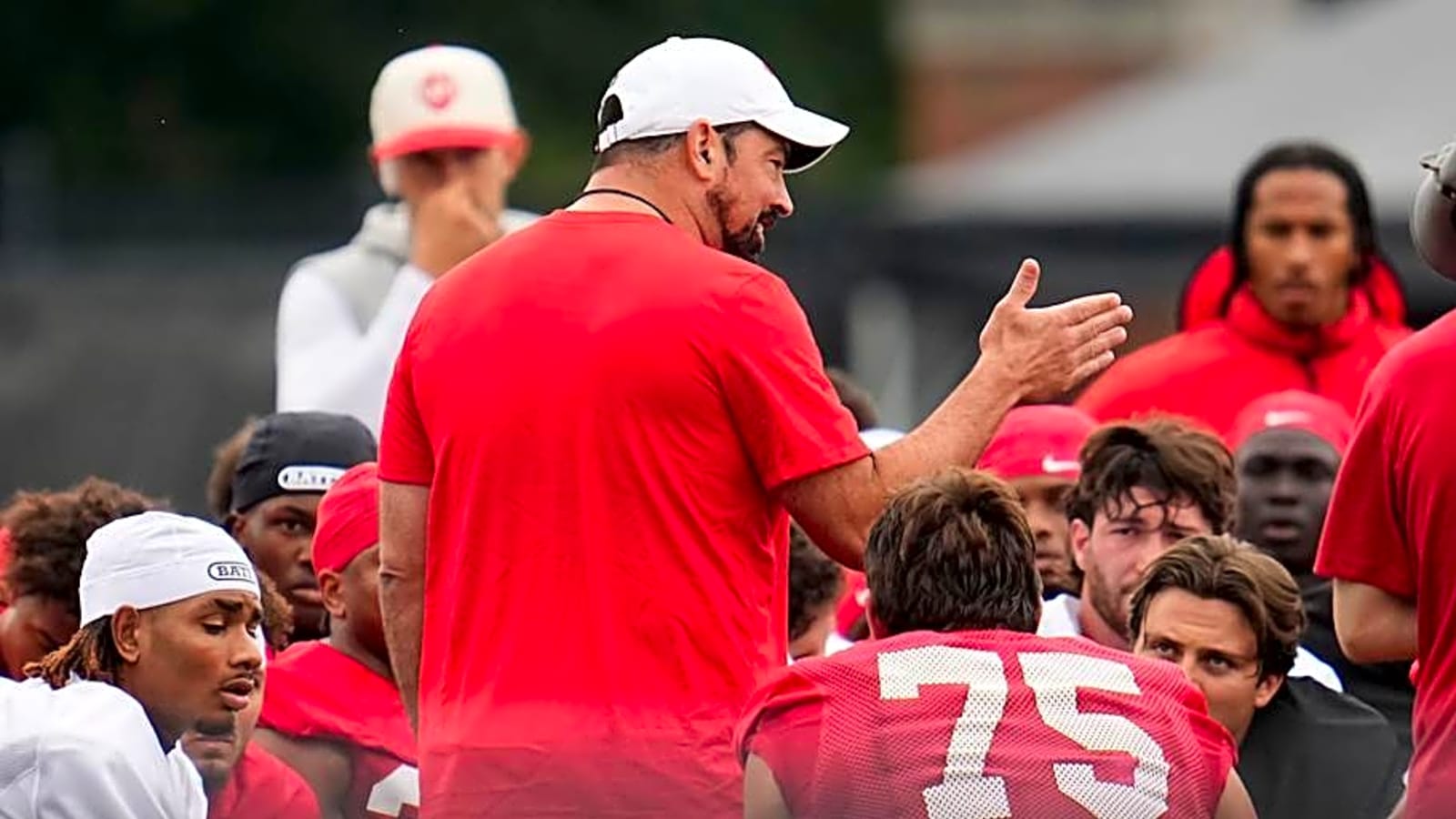
The Michigan Wolverines didn't have a very severe punishment to finally conclude the sign-stealing incident from years ago, which impacted many Ohio State football games. Several who have been tracking this situation seemed to have a view that the press conference the NCAA called was to lay down the hammer on the Wolverines.
While Michigan did get served a slew of punishments, including an eight-figure fine, it didn't really do much justice. There were no wins vacated or a postseason ban given. Those were the big dominoes that fans were waiting to see fall, and it didn't inevitably happen. While that's okay, it does paint a picture of just what the NCAA is willing to do to those who cheat the game, and that's not very much.
$20 million for a top program like the Wolverines isn't going to sting, nor is losing a coach for a game or having old coaches given a show-cause penalty. To make matters even worse, the NCAA virtually admitted that there was enough evidence found to impose some of the strictest possible sanctions, and they clearly avoided those.
Well in that case, the Ohio State Buckeyes are your 2012 national champions https://t.co/pYJBRtpsIH
— Woody (@woodyVSworld) August 15, 2025
Per CBS Sports, here's the full outcome that impacts the entire program. "Four years of probation. Financial penalties: $50,000 fine, plus 10% of the budget for the football program. A fine equivalent to the anticipated loss of all postseason competition revenue sharing associated with the 2025 and 2026 football seasons. A fine equivalent to the cost of 10% of the scholarships awarded in Michigan's football program for the 2025-26 academic year. A 25% reduction in football official visits during the 2025-26 season -- which one recruiting source says "doesn't make sense" because official visits are now unlimited. A 14-week prohibition on recruiting communications in the football program during the probation period," Matt Zenitz and Cody Nagel wrote after the NCAA dropped their report.
There are the punishments that reflect on coaches as well, and it felt the NCAA wanted to not destroy one of the top brands in college football. If you lay down the gaunlet and destroy Michigan with postseason bans, then the program would undoubtedly lose many key recruits. It would take years and decades to rebuild something like that, and given the amount of eyes on the program, it just wouldn't be a wise move.
That doesn't necessarily mean it wouldn't have been fair though, as Nicole Auerbach notes. The evidence was there, and if there's anything Ohio State should take away from this, it is that 2012 will not repeat itself and truly enforced punishments are a thing of the past.
More must-reads:
- Browns officially make decision on starting quarterback
- Titans HC compares Cam Ward to MVP finalist
- The 'Second-overall NFL Draft picks' quiz
Breaking News
Trending News
Customize Your Newsletter
 +
+
Get the latest news and rumors, customized to your favorite sports and teams. Emailed daily. Always free!








